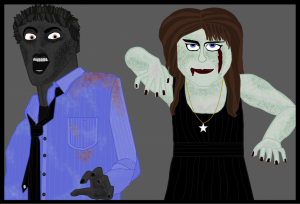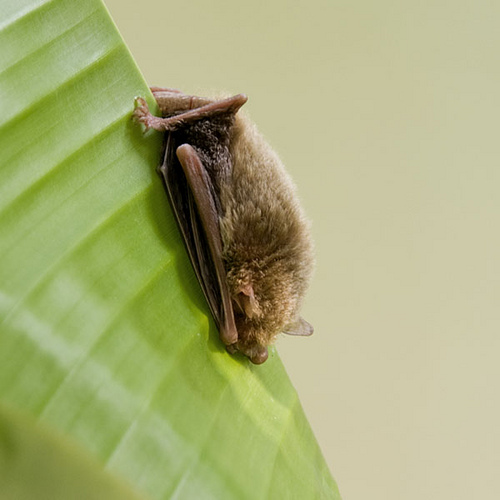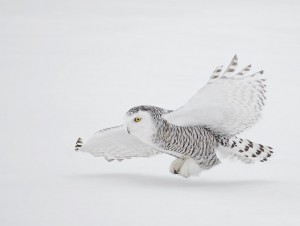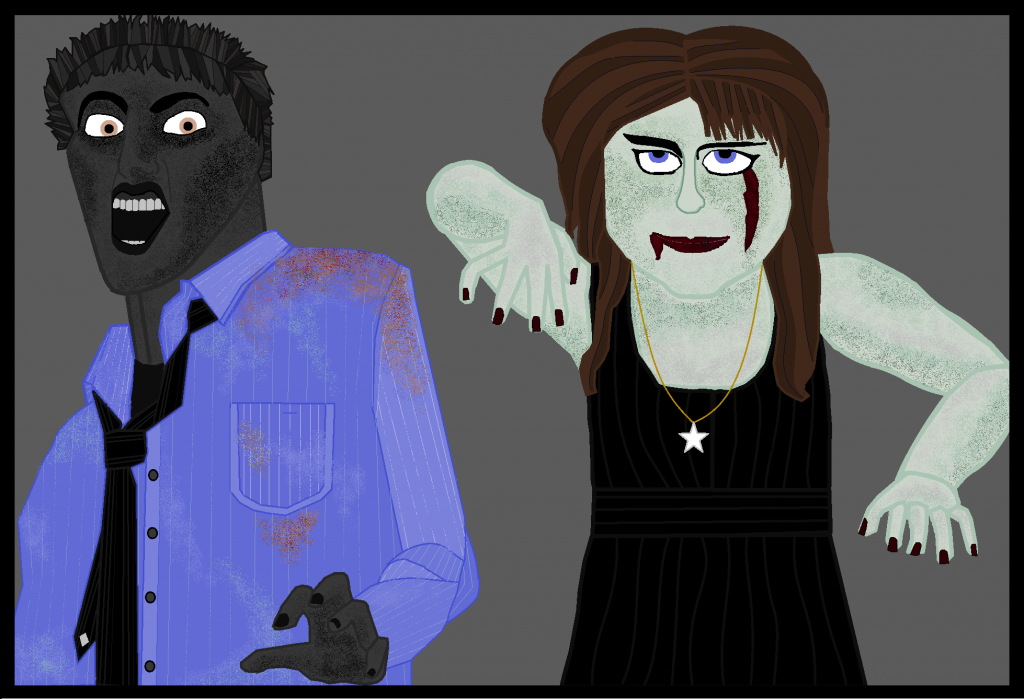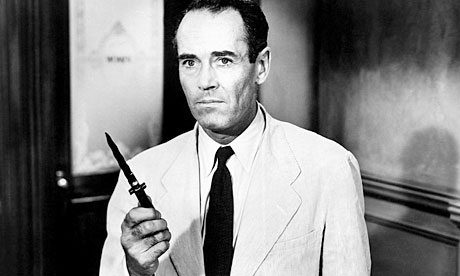
This is my puppy, Conan, and the reason I’ve been buying a lot of dog books. For those of you who’ve never had the pleasure, dog books are for skimming, not reading. They’re hokey, repetitive, poorly written and peppered with pseudoscience. But Friday I found an exception: Inside of a Dog, a fascinating, science-rich story of how dogs think and perceive the world.
Maybe I shouldn’t have been surprised. The author, Alexandra Horowitz, worked for the New Yorker before becoming a scientist specializing in canine cognition. Unlike the other books, which focus on how to make a dog do what you want, this one asks, what does a dog want to do, and why?
Early on, Horowitz introduces German biologist Jakob von Uexküll and his concept of umwelt. The word translates to ‘environment’ or ‘surroundings’. The concept is that two animals can share the same environment but experience it quite differently.
Continue reading
